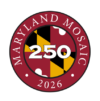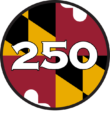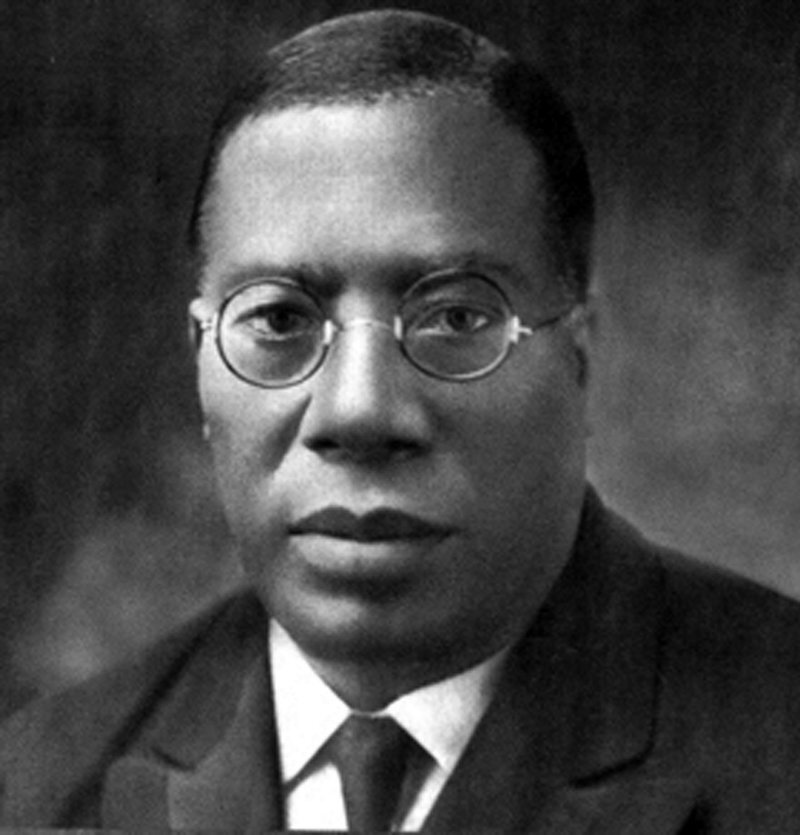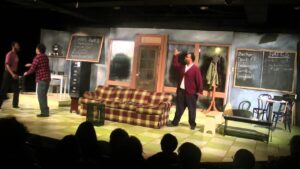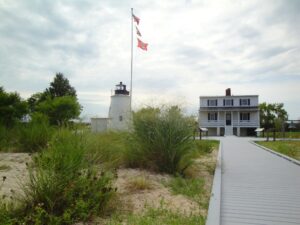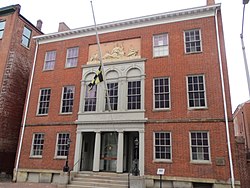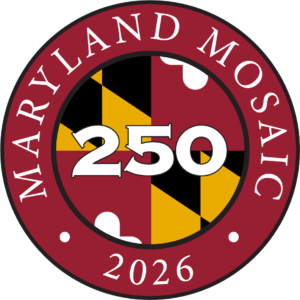Methodist Minister African American Charles Albert Tindley (1851-1933) publishes his hymn “I’ll Overcome Someday” in 1900. More than half a century later, the hymn inspires the Civil Rights anthem “We Shall Overcome.”
A prominent composer and writer of African American spirituals, Tindley publishes almost 50 hymns including “Stand By Me,” which becomes a 1960s hit sung by Ben E. King and the Drifters and later by Sam Cooke.
Born in Berlin, Maryland to an enslaved father, Tindley is free because his mother is free. He moves to Philadelphia after the Civil War, educates himself and passes a test to become a Deacon in 1887 and an Elder in 1889 with the Methodist Episcopal Church. As an itinerant pastor for 15 years he founds many Maryland churches including those in Pokomoke and Bainbridge.
He takes a lead role at the Philadelphia church where he was once a janitor. Over the next few decades his congregation moves to a new, larger building and grows to over 12,500 members. Tindley becomes the “Prince of Preachers,” incorporating hymns into his preaching style and eliciting call and response with his congregation.
